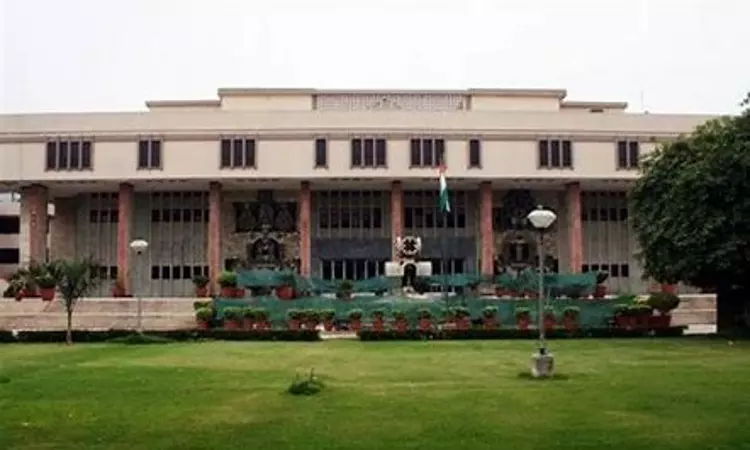Contempt Proceedings Inappropriate For Resolving Complex Disputed Factual Issues: Delhi High Court
Rajesh Kumar
11 Sept 2024 7:45 PM IST

Next Story
11 Sept 2024 7:45 PM IST
The Delhi High Court bench of Justice Dharmesh Sharma has held that the contempt proceedings are not the appropriate forum to resolve disputed factual issues such as conducting a detailed accounting analysis to determine the fairness or justification of accounting practices. Brief Facts: The matter pertained to contempt petitions which were filed under Section 12 of the Contempt...
